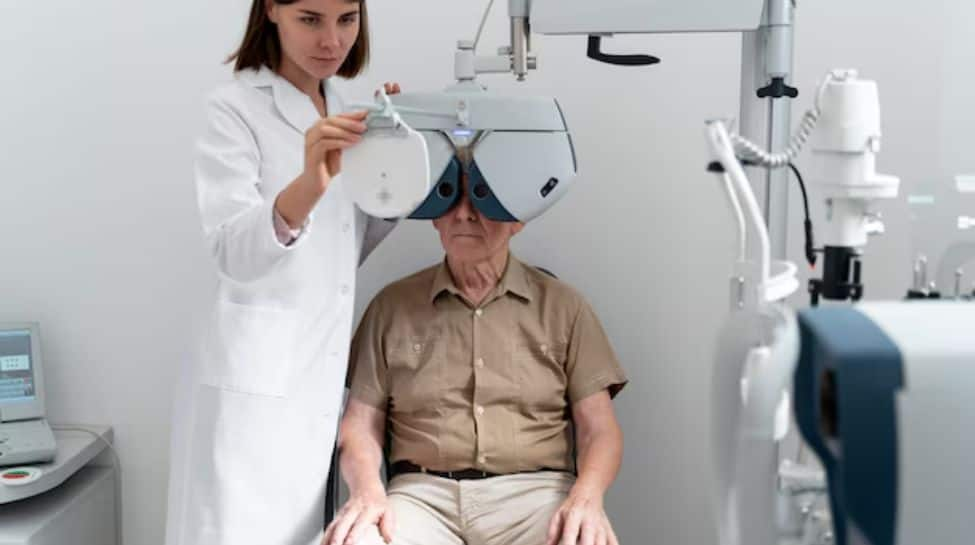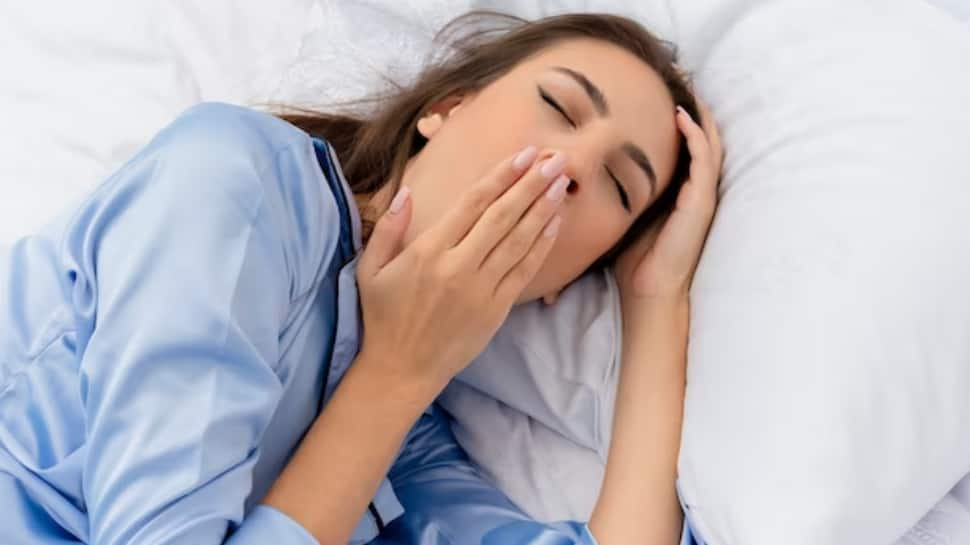All living forms, including humans, have an innate need for sleep. In actuality, we sleep for nearly a third of our lives. Lack of sleep for an extended period of time might have negative health effects.
As women go through life, we discover that hormones are to blame for the majority of the physical and emotional changes we experience, both throughout monthly cycles and at other life stages. Hormonal changes can also cause changes in our sleep habits, which is common.
In an exclusive conversation with Zee English, Dr Sibasish Dey, Head of Medical Affairs, South Asia, ResMed shares the effect hormones and hormonal changes can have on the sleep cycle of women across their lives.
Sleep is an indispensable pillar of well-being that profoundly influences our physical, mental, and emotional health. As females tend to have a longer average sleep latency, it takes them more time to fall asleep compared to males.
“Women are also more prone to experiencing micro awakenings, referred to as respiratory event-related arousal (RERA), which can lead to fragmented sleep. Additionally, studies have revealed that women generally have lower sleep quality compared to men,” says Dr Sibasish.
Differences in Men’s and Women’s Sleep Experience as They Age
Humans tend to require less sleep as they become older. Sleep duration drops to around 9 to 10 hours per night in adolescence from about 16 to 18 hours per day for newborns. The average adult only needs 7-9 hours of sleep, but elderly people need even fewer hours and prefer to go to bed and get up earlier.
The effectiveness and quality of sleep also deteriorate with advancing age. However, how men and women experience sleep varies. According to research, women get more sleep overall than males do, and they also spend less time awake overall. However, women are 40% more likely than males to experience sleeplessness. Puberty is when these differences first appear
For women, the intricate relationship between hormones and sleep also plays a pivotal role, as their bodies undergo cyclical hormonal changes during various life stages.
Hormones like estrogen, progesterone, and melatonin wield significant influence over sleep patterns, and understanding this delicate balance can empower women to prioritize their sleep health and unlock the potential for a rejuvenated and revitalized life.
Tips for Improving Quality of Sleep
People can improve their sleep quality by adopting healthy sleep hygiene habits and changing specific aspects of their lifestyles. If you are seeking to enhance your overall wellness, include sufficient sleep on your bucket list of healthy habits to adopt. Here are some tips for women to get better sleep:
1. Regulate your Sleep habits: It is essential to refrain from falling into a new debt cycle as irregular sleep patterns can affect a person’s ability to function normally, their quality of life, their health, and their ability to perform well. Establish sleep hygiene and try to go to bed and wake up at the same time every day to have normal hormonal homeostasis in your body.
2. Avoid artificial light at night: Melatonin, a hormone that influences the sleep-wake cycle, is released more frequently at night and in the dark because of its inverse relationship with the amount of light. When light enters the eye, a unique network of cells on the retina recognises it and sends the information to the brain, which affects your circadian rhythms and sleep-wake cycle.
Distractions including the computer, smartphone, tablet, and television, all of which emit artificial light, must be eliminated from the bedroom.
3. Set aside time to unwind and manage stress: Cortisol, a hormone created by the adrenal glands, is controlled by sleep. It is also sometimes referred to as the stress hormone. It is essential to manage cortisol to help you relax. Relaxation exercises can also help reduce stress and enhance the quality of your sleep and enable you to fall asleep faster.
4. Make a comfortable sleeping area: The bedroom should be reserved for sleeping. As we prepare for sleep, our bodies naturally cool down and you can aid in this process by maintaining a cool bedroom temperature.
5. Seek medical advice: It is essential to let your healthcare provider know if your lack of sleep is negatively affecting your quality of life as this could be a sign of an undiagnosed sleep disorder such as obstructive sleep apnea (OSA). Sleep disorders can hinder productivity both during the day and at night. Diagnosing sleep disorders and utilising treatment options are essential for improving the quality of life.
The effectiveness, performance and general health of a person can all be enhanced by getting adequate sleep. Dr Sibasish recommends, “The easiest approach to determine whether you are getting enough sleep is by feeling refreshed when you wake up.”
By implementing these tips, women can take proactive steps towards achieving better sleep health, leading to improved overall well-being.















































